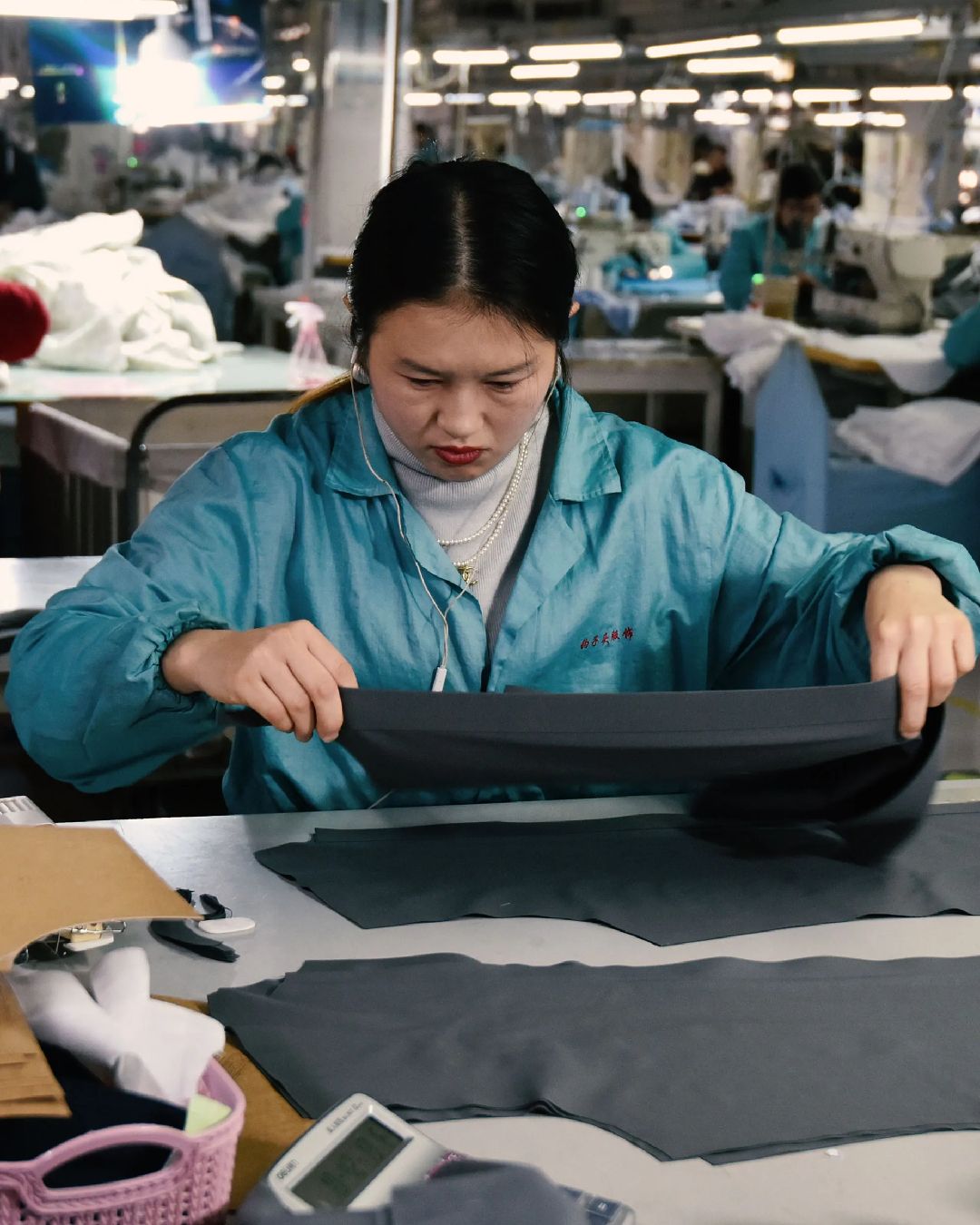
How CNMI hopes to save Made in Italy A new bill to reorganise the sector
The year 2024 will be remembered as a challenging one for Made in Italy. Brought to its knees by the luxury crisis affecting the entire sector, Italian fashion in recent months has had to confront all the issues it had previously swept under the rug. Like any true decline, multiple factors have contributed to the crisis in the Italian supply chain. Among these is the expansion of fast fashion, which is asserting its dominance across the European continent (Shein is preparing for its London Stock Exchange debut), and global inflation, which has spurred cultural phenomena like "luxury shame" in China. Furthermore, the conflicts in the Middle East are severely impacting supply chains worldwide, along with recent scandals related to Italian manufacturing, which have cast doubt on the true value of the "Made in Italy" label. All these factors have sparked cultural trends that in turn have fueled the crisis: we are witnessing a general decentralization of luxury hubs, with Turkey and India emerging as new powers; consumers are losing faith in traditional luxury, and finally, the continuous “musical chairs” of creative directors at fashion houses is exacerbating general confusion in the sector. In short, between Zara and Shein’s expansion, the decline of luxury groups, rising prices, and the spread of investigations into Italian craftsmanship, Made in Italy is not faring well. In an attempt to rectify the situation, this week the Italian National Fashion Chamber proposed a new budget law to the Chamber of Deputies.
Divided into seven points, CNMI’s new bill provides an in-depth overview of the projects the Association is ready to back. The first involves the reinstatement of the Tax Credit: while until 2019 the State provided substantial economic support to textile companies, since 2022 all recipients have been asked to repay it. To help the companies involved and reduce the risk of small business bankruptcies, CNMI proposes to spread repayments over ten years and to only request 30% of the established amount. Following this, a regulation for the “generational transfer” of know-how from the elderly to the young has been proposed to encourage the training of new artisans. CNMI states that not only should there be increased tax breaks for employers to support youth employment, but also for retirees who decide to become trainers.
After a law for Corporate Welfare, designed to support workers' health with goods and services (which also save companies money compared to simple salary increases), CNMI finally addresses the supply chain issue with a proposal to combat illicit activities. To exercise greater control over the production chain and ensure that factory conditions and worker treatment are up to standard, the Association proposes certifying an external control system for companies. The bill, adds CNMI President Carlo Capasa, must have «validity throughout the national territory and foresee the establishment of a third-party certification for all companies operating in the fashion industry». To contain the damage that Made in Italy has suffered in recent years and repair the reputation of Italian fashion, CNMI’s new bill also includes a marketing project. With a fund for the international promotion of Fashion’s values and image, the Association seeks support from the Italian government to represent Italian textile companies abroad – in other words, a kind of “Open to Meraviglia” 2.0 (but without public finance issues). The last two points involve strengthening Ordinary Redundancy Fund benefits and introducing greater financial support for struggling manufacturing companies.
In addition to the proposal for an external, certified control system for Italian supply chains, which CNMI, as Carlo Capasa previously mentioned in an interview on our channels, has been working on for some time, CNMI’s bill makes it clear how much the crisis is impacting not only the major luxury players but especially small businesses. While, after a lean period, the powers Kering and LVMH remain standing thanks to profits gathered in past seasons and the diversification of their portfolios (Arnault’s group just dipped into the world of Formula 1 with a new decade-long deal), it is the emerging businesses and artisans who suffer. The former are forced to repay even the little they received from the State in previous years, while the latter find themselves caught between two problems: the lack of generational turnover and the loss of consumer confidence. Now, the old guard of Italian Fashion can only hope that CNMI’s bill will be approved, that financial support will indeed be put in place, and that the highly celebrated “young talents” of the industry will be willing to learn the art of “handmade” from them. The stakes are high, but judging by CNMI’s expectations, it’s time to place a bet.














































